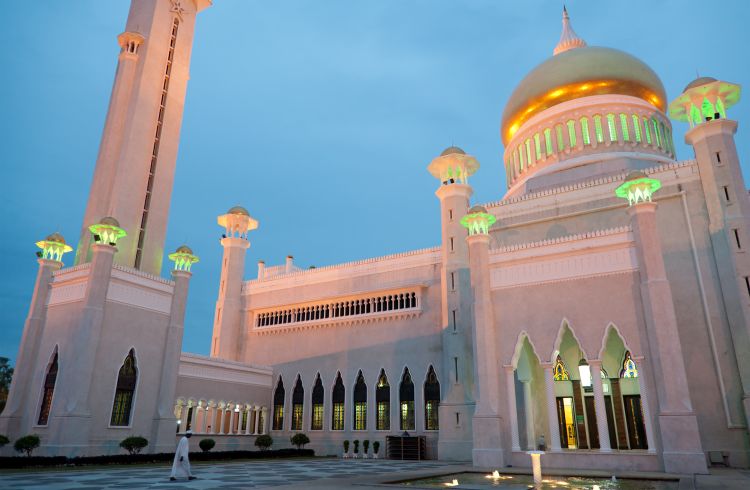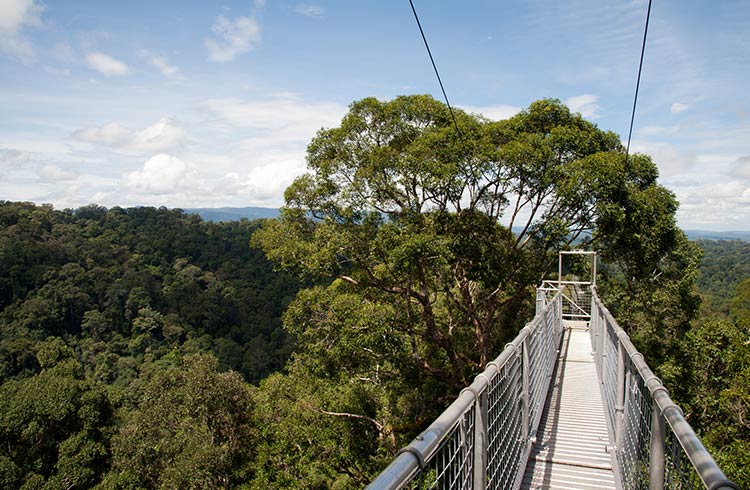How to Stay Healthy While Traveling in Brunei
Brunei might have great medical facilities, but here are a few ways you can prevent a trip to a local doctor.
 Photo © iStock/raisbeckfoto
Photo © iStock/raisbeckfoto
In Brunei, as in all tropical areas, mosquitoes are prevalent and can transmit disease. Dengue fever and Japanese encephalitis both occur in Brunei and it's recommended that you use mosquito repellant at all times as well as considering the following vaccinations before traveling.
- Hepatitis A & B
- Typhoid (a good option if you plan to eat from street stalls)
- Japanese Encephalitis & Rabies (if you are planning a long stay or substantial time outdoors or in the rainforest)
- Tetanus-diphtheria shots are recommended every 10 years
Generally, it is safe to drink tap water and swim at local beaches. However, when red algae reach certain levels, Bruneian authorities may issue Red Tide warnings which may advise against swimming in certain areas and eating certain types of seafood. The warnings, which vary from time to time depending on climatic conditions, are published in the local English language and other newspapers.
If you are asthmatic or have breathing difficulties, be advised that there is smoke haze across some parts of Brunei usually during the July to October period. This haze can cause health problems for some people. Keep up-to-date with the advice of local authorities and seek medical advice on appropriate precautions
Brunei's healthcare system ranks among the best in Asia. The Raja Isteri Pengiran Anak Saleha (RIPAS) Hospital in the capital is equipped with highly modern medical facilities, and a number of private clinics operate within other districts.
Related articles
Simple and flexible travel insurance
You can buy at home or while traveling, and claim online from anywhere in the world. With 150+ adventure activities covered and 24/7 emergency assistance.
Get a quote
No Comments